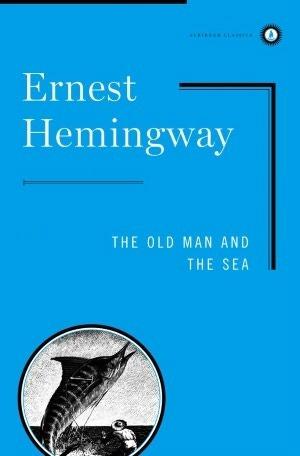The story of Win and Loss, one of Ernest Hemingway’s most famous works, The Old Man and the Sea introduces us to a fisherman Santiago. He is old, but he has determination and a goal. He wants to catch his Big Fish. He does not give up even after eighty four days of failure and on the eighty-fifth day luck finally smiles at him. Big Fish is on the hook. Three days of confrontation between the fishermen and the fish reveal Santiago’s incredible inner strength and will power. But when he finally comes back to his hut, exhausted and barely alive, he’s left only with a skeleton of his dream and a poor illusion of a better life.
The deep symbols that the story contains can be interpreted in many different ways. Some of the readers may find the old man’s hunt as a waste of effort on a goal that is not worth risking his life. Others, however, will discover Santiago as their role model and an example of undefeatable human nature and endurance on the way to the dream. But this controversy and ambiguity is exactly what makes the book so unique and attractive to the generations of readers.
The language of the novella is typical for all Hemingway's books, simple and straightforward, however, this time the symbolic meaning is hidden under the coat of realistic story. It encourages the reader to think and reflect on the pages that he’s read and on his own life as well and find his own interpretation of the fisherman’s story.
Book Review: The Old Man and the Sea
Title of Book
Author
Hemingway, Ernest
Rating
4 stars = Really Good
Review
Reviewer's Name
Oleksandra
Genres
